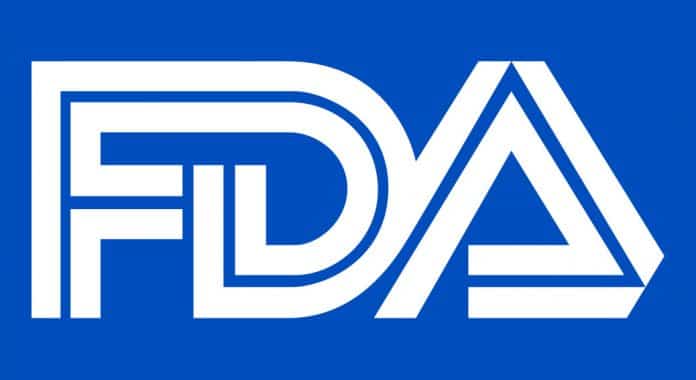What is GMP?
What is GMP?
GMP stands for “Good Manufacturing Practices.” It is a set of regulations established by the FDA to ensure that food, dietary supplements, cosmetics, pharmaceuticals, and medical devices are manufactured to the highest quality standards. Manufacturers of these products must comply with these regulations if they wish to sell within the United States.

The term GMP is also used in other countries to describe their own regulations. In the United States, the term “cGMP” is sometimes used, because the federal code refers to these regulations as “Current Good Manufacturing Practices.” But GMP and cGMP are used interchangeably in the United States.
Also, the term GMP is used to describe various guidelines or standards that a company may voluntarily certify to in order to prove their GMP compliance to potential customers. There is a difference between compliance and certification. The FDA requires compliance to these regulations, but does not require certification. Certification is often required by potential customers who want proof of compliance. This is because the FDA does not have the resources to audit every company and verify compliance itself. The certification process serves to provide additional assurance to concerned customers.
A GMP consultant can help FDA-regulated companies become compliant to regulations and prepare for a certification audit. Preparation for an audit usually takes months and requires someone who has experience with the FDA and certification auditors.
Related Posts:
What are the main elements of GMP?
What are the GMP requirements? List them all.
How do I become GMP certified?
Related Websites:
